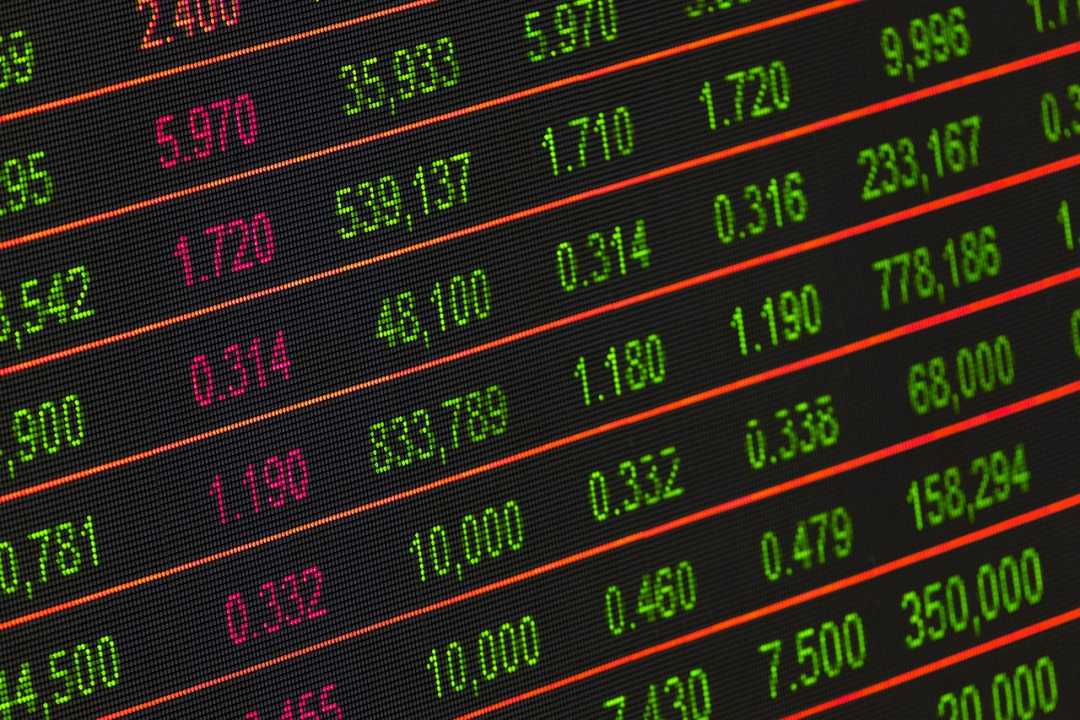Business
Australian Sharemarket Recovers to Close Flat Amid Inflation Data

The Australian sharemarket showed resilience on Wednesday, turning around its morning losses to close nearly flat.
This shift came as traders processed a slightly smaller than expected deceleration in domestic inflation, which briefly elevated the Australian dollar to its highest level this year.
The S&P/ASX200 index, which had seen a decline of as much as 62.3 points or 0.77 percent during the late morning trading session, ultimately finished the day at 8,071.4, marking an increase of two-tenths of a point from Tuesday’s close.
Simultaneously, the broader All Ordinaries index fell by 5.8 points, or 0.07 percent, closing at 8,291.3.
This volatility followed the release of data from the Australian Bureau of Statistics indicating that consumer prices rose by 3.5 percent in the year leading up to July. This figure represented a decrease from 3.8 percent in June, yet exceeded economists’ expectations of a 3.4 percent rate.
David Bassanese, the chief economist at Betashares, remarked that the Reserve Bank was unlikely to be particularly encouraged by the inflation data, implying that it does not strengthen the argument for a rate cut in the near future.
The recent government subsidies for electricity have contributed to a slight decrease in annual inflation by two-tenths of a point. However, these measures are deemed temporary and will eventually expire.
In response to the inflation report, the Australian dollar briefly surpassed 68 US cents, reaching its highest rate since December.
On the ASX, five of the eleven sectors concluded the day lower while five finished higher, leaving the health care sector unchanged.
The telecommunications and energy sectors were notably impacted, with both sectors declining by 1.4 percent.
Telstra, which was trading ex-dividend, experienced a drop of 2.5 percent to $3.90. This contributed to the overall weight on the energy sector, where losses were evident across various companies.
Woodside and Whitehaven Coal saw declines of 1.2 percent and 3.0 percent respectively, while Paladin Energy retreated by 5.9 percent as investors sold off uranium stocks that had previously gained traction.
Tabcorp emerged as the largest loser within the ASX200, plummeting by 15.0 percent to a four-year low of 48 cents after the gambling firm reported a staggering loss of $1.4 billion, which included significant writedowns on its wagering assets.
Gillon McLachlan, the incoming managing director and chief executive of Tabcorp, noted that while the company has established a solid foundation since its demerger, it is still in the process of a turnaround and will not meet its previously stated targets for “TAB25.”
Conversely, Woolworths shared positive news, climbing 3.3 percent to $36.62 after announcing a 3.7 percent rise in full-year sales to $67.9 billion, bolstered by growth in e-commerce and retail media.
EToro market analyst Josh Gilbert indicated that shareholders are likely to be pleased with Woolworths’ results, particularly given the announcement of a special dividend that raises its total dividends to $1.44 per share.
Within the key mining sector, BHP experienced a decline of 1.4 percent to $40.76, while Rio Tinto and Fortescue fell by 0.9 percent to $110.89 and by 1.0 percent to $18.44, respectively.
In the financial sector, the Big Four banks all experienced upward movement, recovering from earlier losses during the day. ANZ increased by 1.0 percent to $29.92, Westpac rose by 1.1 percent to $30.83, NAB advanced by 0.9 percent to $37.70, and CBA climbed by 0.8 percent to $138.57.
Finally, Zip, a buy now, pay later company, reported the most substantial gain within the ASX200, surging 13.9 percent to a more than two-year high of $2.38 following supportive broker upgrades and speculation regarding a potential integration into Apple’s wallet feature.
As of 5 PM, the Australian dollar was valued at 67.96 US cents, slightly up from 67.86 US cents at the previous day’s close.












